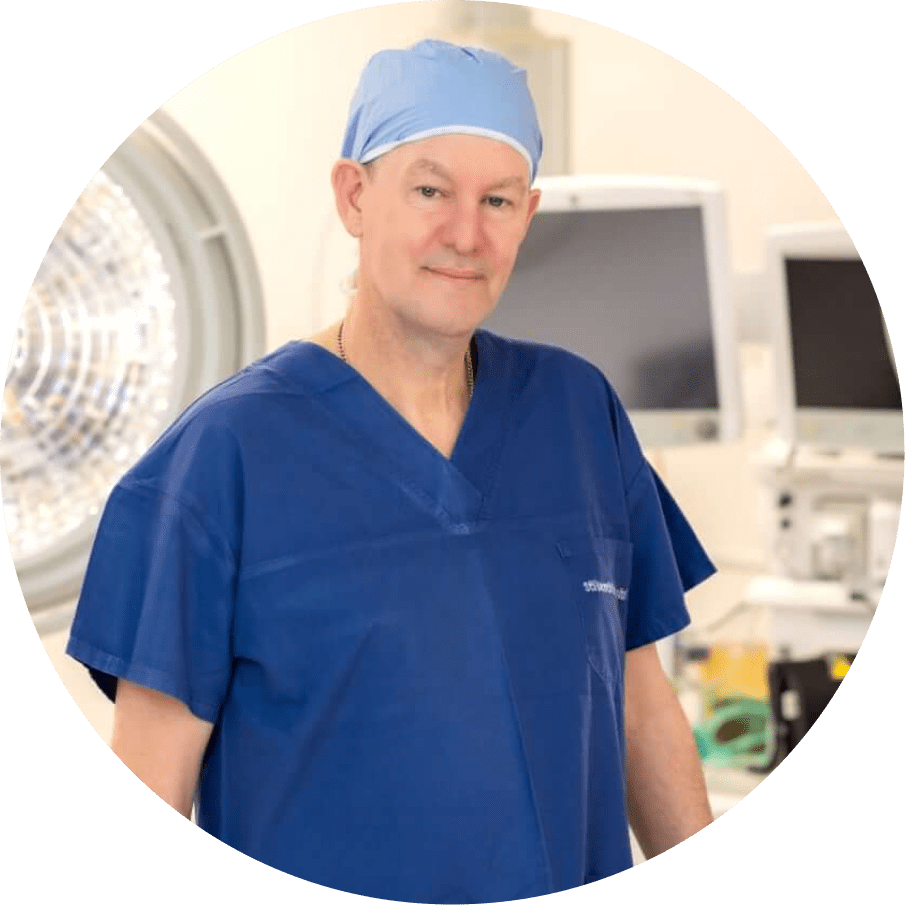These conditions, such as entrapment and compression neuropathies, can disrupt the normal functioning of nerves, leading to a wide range of symptoms and impairments.
Overview of common peripheral nerve diseases, along with their causes, symptoms, and treatment options:
Peripheral nerve injury or disease can be a significant source of morbidity, often leading to pain, functional limitations and reduced quality of life. It is essential to consult a healthcare professional for an accurate diagnosis and appropriate treatment plan if you suspect you have a peripheral nerve condition as some conditions can cause permanent nerve injury if left untreated, which can result in paralysis of the limb affected. Treatment options vary depending on the specific condition, its severity, and the patient’s overall health.

MBBS, BMedSci, FRACS
Neurosurgeon & Spine Surgeon with 25+ Years Experience
He consults and operates from Sydney’s most advanced neurosurgical and spinal surgery hospitals, including St Vincent’s Private Hospital, Prince of Wales Private Hospital and The Mater Hospital.
These hospitals offer the latest neurosurgical facilities, including cutting-edge imaging equipment and surgical navigation systems, dedicated and well-trained theatre clinical staff, as well as post-surgical rehabilitation specialists.
A/Prof Parkinson’s areas of expertise include surgery of the entire spinal column, peripheral nerve surgery, as well as physical rehabilitation after surgery, and for athletes that have suffered brain or spinal injuries.
Please get in touch with our reception team if you have a general enquiry for A/Prof Parkinson, or your would like to book an appointment.
